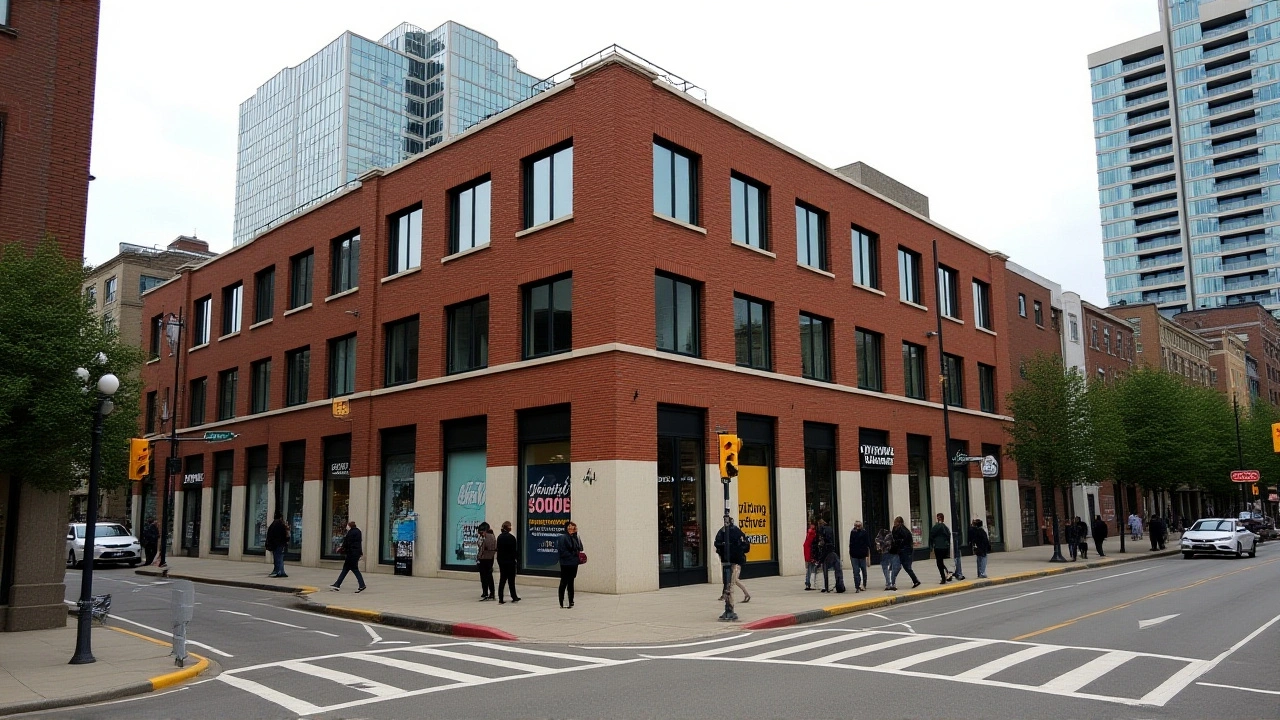Late-Night Disturbances: What Causes Them and How Communities Respond
When you hear shouting, blaring music, or loud engines at 2 a.m., you’re not just dealing with noise—you’re experiencing a late-night disturbance, an event that disrupts sleep, safety, and peace in residential areas, often violating local quiet hours. Also known as nocturnal nuisance, it’s a growing issue in cities and towns where nightlife, poor planning, and weak enforcement collide. This isn’t just about sleepless nights. Chronic exposure to late-night disturbances has been linked to higher stress levels, heart problems, and even reduced property values. In places like Johannesburg, Lagos, and Accra, residents report similar patterns: parties spilling into streets, unlicensed bars staying open past curfew, or vehicles with faulty mufflers cruising through neighborhoods after midnight.
What makes these disturbances worse is how often they’re ignored. Local authorities may lack the resources to respond, or neighbors fear retaliation if they complain. In some areas, noise pollution, the excessive or unwanted sound that degrades the quality of life in urban environments is treated as a minor issue, not a public health concern. But in places like Cape Town and Kampala, community groups have started documenting incidents with time-stamped videos and mapping hotspots. One group in Durban even worked with the city to install sound sensors near schools and clinics—turning complaints into data that forced action.
Some of the most persistent late-night disturbances come from local ordinances, rules set by municipalities to control noise, traffic, and public behavior after certain hours. But enforcement varies wildly. In one case in Nairobi, a bar was shut down after 17 noise complaints in three weeks. In another town, the same behavior went unchecked for months because the officer responsible was on leave. The difference? Community pressure. When people organize—whether through WhatsApp groups, town halls, or petitions—they get results. You don’t need to be a lawyer or a politician to make a difference. Sometimes, all it takes is a clear log of dates, times, and descriptions to push officials to act.
What you’ll find below are real stories from across Africa and beyond—cases where late-night disturbances sparked change, where silence turned into action, and where ordinary people stood up for their right to rest. From a street in Lomé where drumming at 3 a.m. led to a new city law, to a neighborhood in Pretoria that got a curfew for shebeens after a child’s sleep disorder worsened, these aren’t just anecdotes. They’re blueprints for what’s possible when a community refuses to accept noise as normal.
